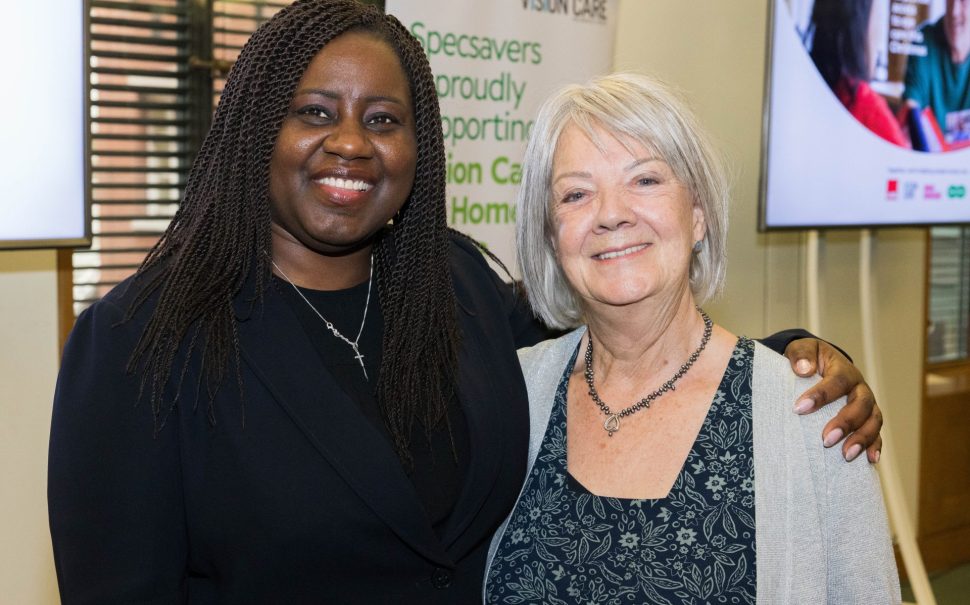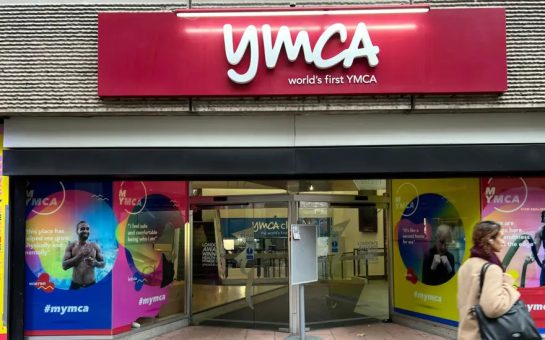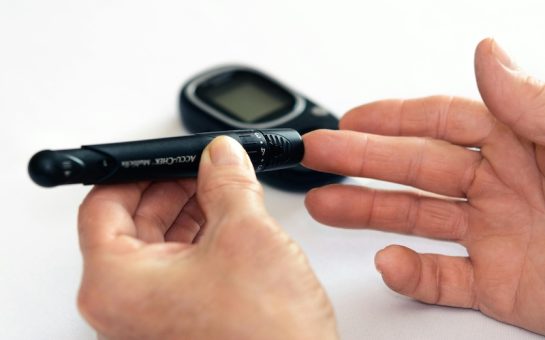One in three people experiencing homelessness have sight issues but a multitude of barriers are preventing them accessing the care they need, according to new research.
People affected by homelessness have higher rates of glaucoma, cataracts, and macular degeneration than the general population, as well as other health conditions such as diabetes and hypertension, which can lead to permanent sight loss if left untreated.
Barriers to treatment include a lack of eligibility for NHS-funded sight tests and glasses, while over a third reported they hadn’t had an eye test in the last five years and more than 1 in 10 (14%) had never had one at all.
Nearly two-thirds (65%) said they had been put off going to an optician – reasons include the cost of glasses (32%) and uncertainty around entitlement to free eye tests and glasses (28%) plus discrimination.
A parliamentary reception at the House of Commons on December 5 called for changes to government policy to remove unnecessary barriers that make it difficult for people experiencing homelessness to access the eye care they need.
MP Marsha de Cordova, who is registered blind and hosted the event, said: “Everyone should have equal access to eye care, especially those more at risk of permanent sight loss such as homeless people.
“It is fantastic to see the collaboration between businesses and charities like Specsavers, Vision Care for Homeless People (VCHP), Crisis, Big Issue and others to achieve equality and equity in eye health care.”
The three key policy changes Specsavers is calling for at the parliamentary reception include ensuring people experiencing homelessness are eligible for an NHS-funded sight test and glasses, an NHS domiciliary service when attending a day centre or when staying in a shelter or hostel, and free replacement NHS glasses if broken, lost, or stolen.
Specsavers is running eye care clinics at Crisis outreach centres and providing Big Issue vendors with eye and ear care vouchers.
Lord Bird, co-founder of Big Issue said: “As it’s harder to apply for and maintain benefits without a permanent address, many people experiencing homelessness simply don’t receive them – so they’re not eligible for an NHS sight test and a voucher towards their glasses. This must change.”
Dame Mary Perkins, co-founder of Specsavers, said: “One in three people experiencing homelessness have sight issues, yet many face barriers to accessing the eye care they need. Specsavers is calling on the Government to remove these barriers.”
To find out more, visit Helping people to access care | Specsavers UK or read Specsavers Access to Care Report at www.specsavers.co.uk/reports/access-to-care-2023.uk





Join the discussion